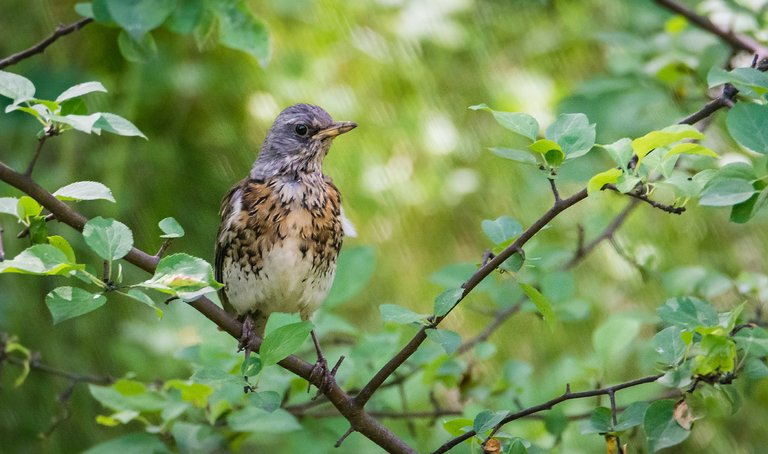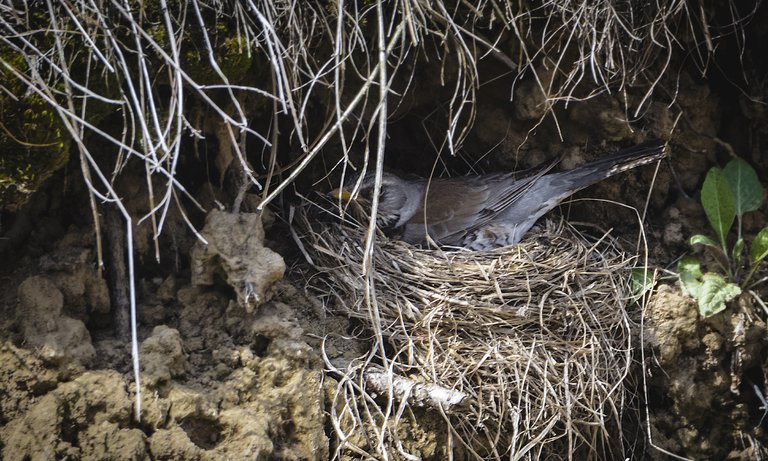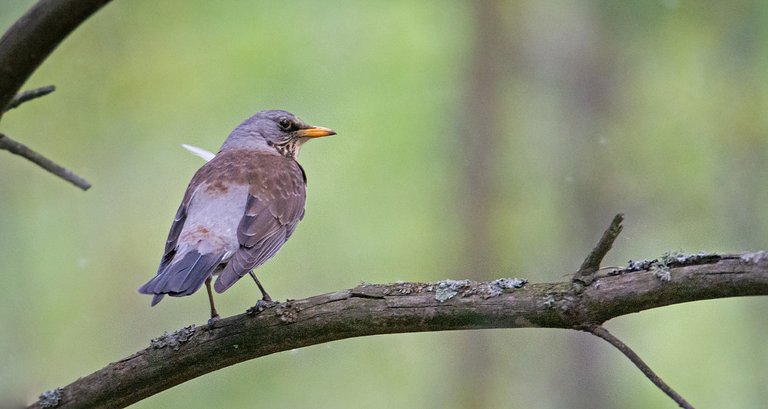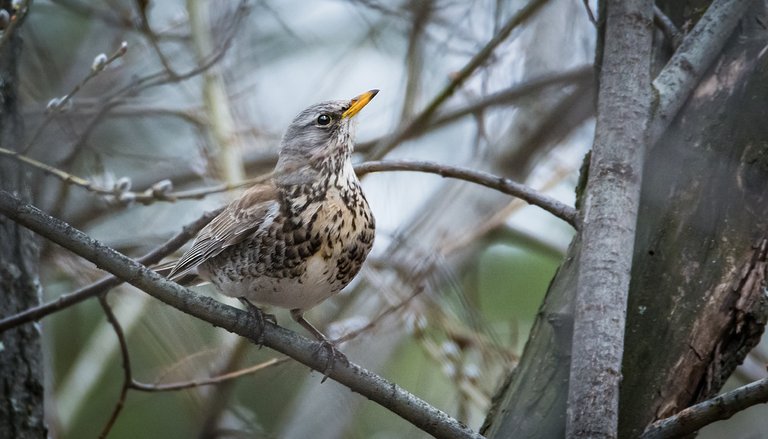
🦉 The fieldfare (Turdus pilaris)
- Turdus (lat) - Thrush
- pilaris the etymology is mysterious, although it is now believed that pilaris in later Latin means simply thrush (Jobling, 2017). However, since lat. "pilus" hair, pilare to remove hair, but pila ball, pilaris anything related to ball, and pilarius is a juggler (and at the same time, the Greek "trikhos" is hair, and "trikhas" is a thrush!), all this puzzling. Two assumptions arise. First: when the fieldfare in summer, how usually pulls earthworms out of the ground, this can be associated with hair removal (pilare). Second: when in autumn and winter the fieldberry picks rowan berries and throws them up, swallows, it may resemble a juggler (pilarius).

These noisy birds appear in the forests of my region at the very beginning of spring. And this is despite the fact that they are, in principle, sedentary wintering birds. It's just that in my region the winters are too cold for them, so they fly away to where it's warmer. However, sometimes the winters are warm, and they can easily be found in the winter in the forests or city parks.

All spring they can be heard everywhere, they are very noisy and numerous. But after the mating season the birds become silent, their behavior becomes secretive and timid. And the next time you can see them is when their nestlings fly out of the nest and their parents accompany them.

| Camera | Lens |
|---|---|
| Nikon D5200 | Tamron SP AF 150-600mm f/5-6.3 Di VC USD |

